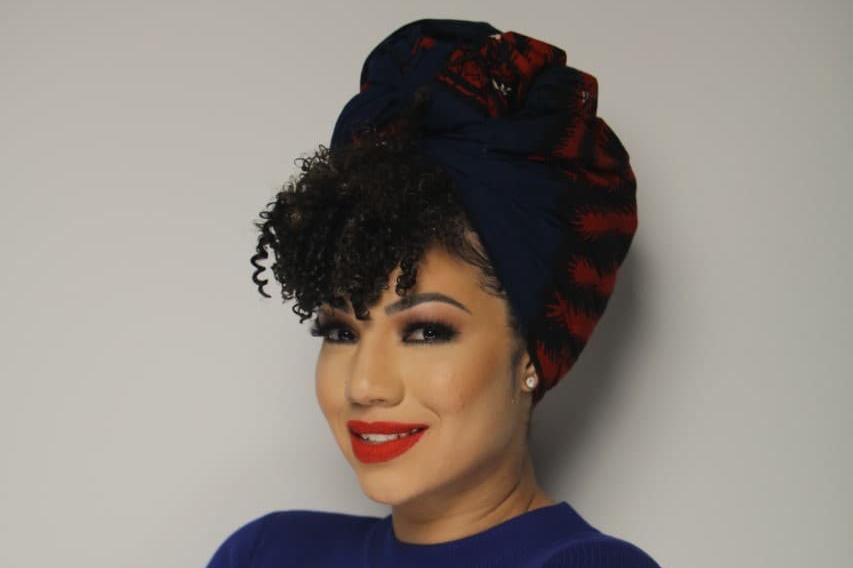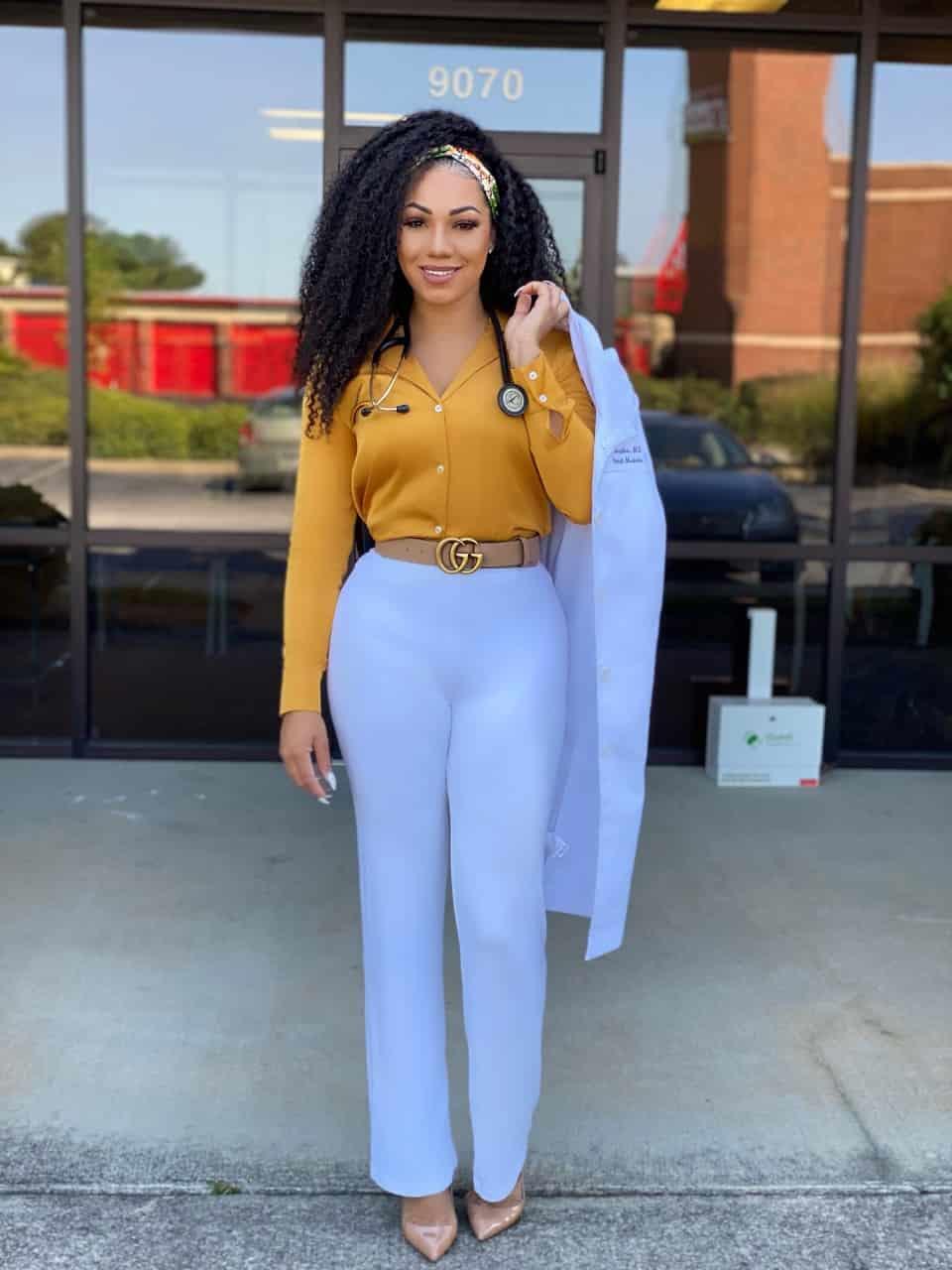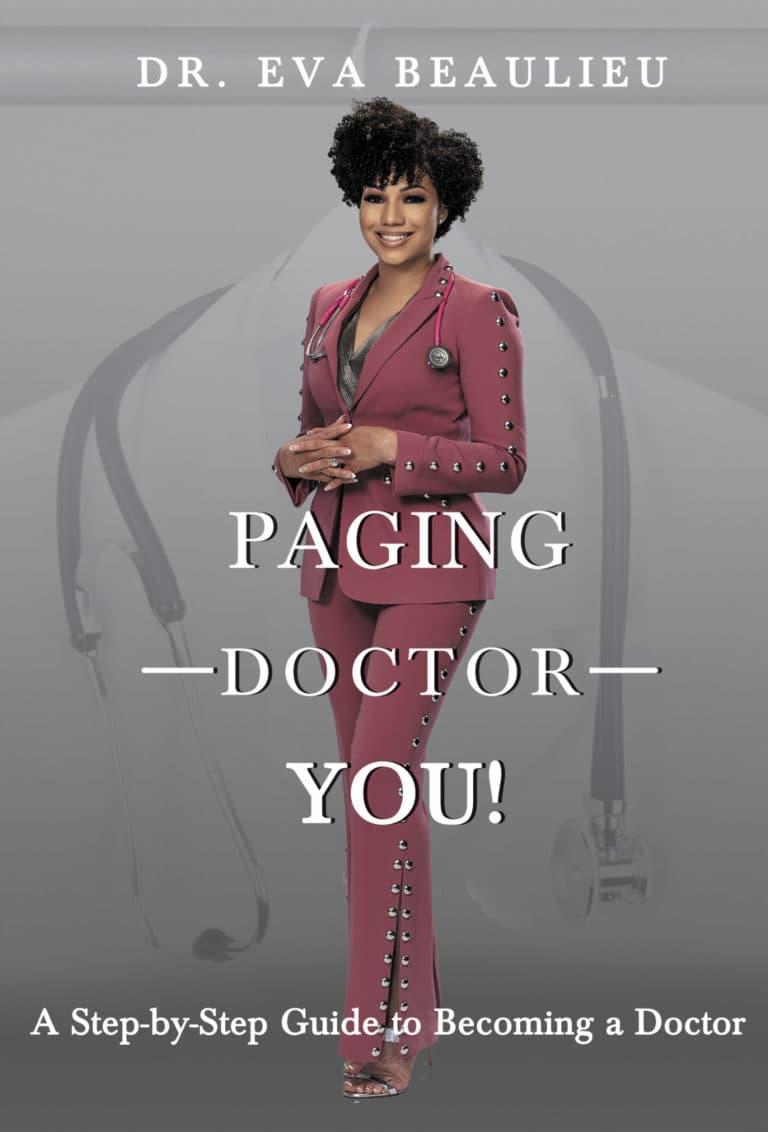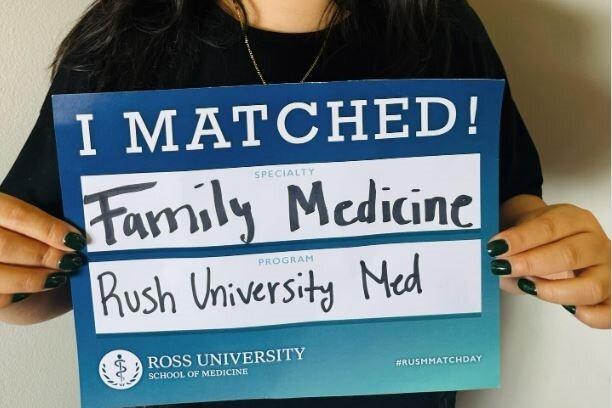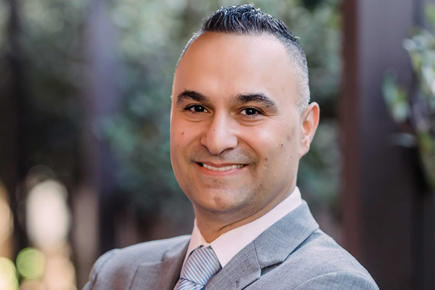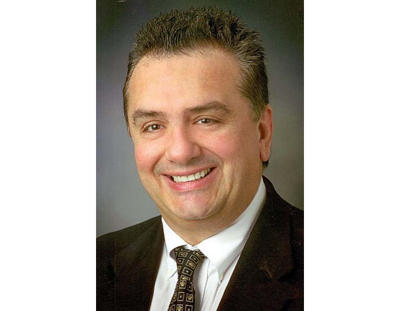When Eva Beaulieu Bonsu, MD, ’08, left Haiti for the U.S. at age 15, she knew she was destined to become a physician. She was surrounded by doctors growing up. Her parents, a radiologist and a dermatologist, ran their own practices. “I don’t remember wanting to do anything else but medicine,” says Dr. Beaulieu Bonsu. “When I was young, I watched my parents care for patients. In Haiti, there’s extreme poverty and not everyone has access to health care. Often, by the time people seek care, their conditions are advanced. My parents never refused anyone and I saw the passion they had for medicine and helping people. So, I knew early on that I definitely wanted to pursue a career in medicine. I knew it wouldn’t be easy, and I’d have to work hard to reach my dream.”
Inspiring future Black women physicians to reach their goals
Now an Internal Medicine Hospitalist, her goal is to inspire other Black women interested in medicine to reach their goals. “I was lucky to see my parents in the field, because I saw so few Black doctors. For me, it started with having the confidence to go to medical school. I believe that if it can happen for me, it can happen for other Black women who want to pursue medical careers.”
After completing her undergraduate degree in Biological Sciences at Florida Atlantic University in Boca Raton, Florida, she started medical school in the U.K. at St. Christopher’s University in Luton. Although her medical education in England was already in progress, Dr. Beaulieu Bonsu longed to be in a program that would help her return to the U.S. to practice medicine. She set her sights on RUSM, with its U.S. modeled curricula and strong U.S. residency attainment rate, and successfully transferred into the program. “ The advisors at RUSM led me through the entire process, telling me exactly what I needed to do. The amazing thing about RUSM was the experience of collaborating with other students who were also studying and dreaming of medical careers—from different backgrounds, countries, and ethnicities. We all helped each other with our studies.”
After graduation, came residency in Internal Medicine at the Medical Center of Central Georgia (now called Atrium Health Navicent). Dr. Beaulieu Bonsu decided to permanently call Georgia home and started her career as a hospitalist at Piedmont Henry Hospital in a suburb of Atlanta. “Originally, I wanted to be a gastroenterologist. But I fell in love with Internal Medicine and specifically wanted to do inpatient medicine, because it’s taking care of the patient from head to toe when they need help the most.”
Working for inclusion in medicine and health equity for patients
In addition to her work as a physician, Dr. Beaulieu Bonsu was inspired to begin coaching other Black women medical students to achieve success as doctors. “Black women make up less than three percent of doctors in the United States. It’s not just a problem of representation, it’s crucial to have diverse medical providers. Doctors of color can help people in the Black community overcome their mistrust of the medical system, a factor that often leads to poor health outcomes for Black Americans; a community that has a disproportionate rate of diabetes, high blood pressure, and kidney failure.” Dr. Beaulieu Bonsu is eager to change that dynamic by helping Black women navigate careers in medicine. “We can break through the barriers of racism and sexism that we encounter. More Black women doctors are needed if we want to build trust with patients in our community. It starts with systemic change. One way to do that is by encouraging younger generations of Black women to get into medicine.”
Coaching prospective Black women doctors to find career success
Believing that one of the biggest obstacles for Black women medical students is a lack of confidence, Dr. Beaulieu Bonsu wanted to coach and mentor other Black women to launch successful careers in medicine. Founded in 2020, Dr. Beaulieu Bonsu’s coaching service, Dr. Eva B Today, provides guidance for prospective and current medical students in what and how to study, funding their medical education, getting clinical experience, and building resilience. “One-on-one online coaching allows me to focus on each woman’s specific academic, personal, and career-related needs.”
As a natural part of coaching, Dr. Beaulieu Bonsu authored Paging Doctor You: A Step-by-Step Guide to Becoming a Doctor, which focuses on guiding minority high school and college students who want to enter the medical field. “There are many things that can position students for success. Starting early and knowing how to master each step gets you closer to getting into and through medical school.”
Active on social media channels such as Facebook, Instagram, and YouTube, Dr. Beaulieu Bonsu has grown an audience of Black women interested in learning tips for pre-med and pre-residency, choosing a specialty, and avoiding burnout.
A married mother of three, Dr. Beaulieu Bonsu manages to keep up with the demands of her busy schedule. She looks forward to continuing her medical work, growing her consulting business, and writing a second book, most likely for children on medical topics.
What advice does she give RUSM students? “Never doubt yourself. I used to doubt myself a lot. That’s in part because people in the medical field didn’t look like me. I passed the same exams and had the same interviews as other medical students. I worked hard to be where I am. Adopt the right mindset, learn the steps needed to succeed—and you can do this too.”

